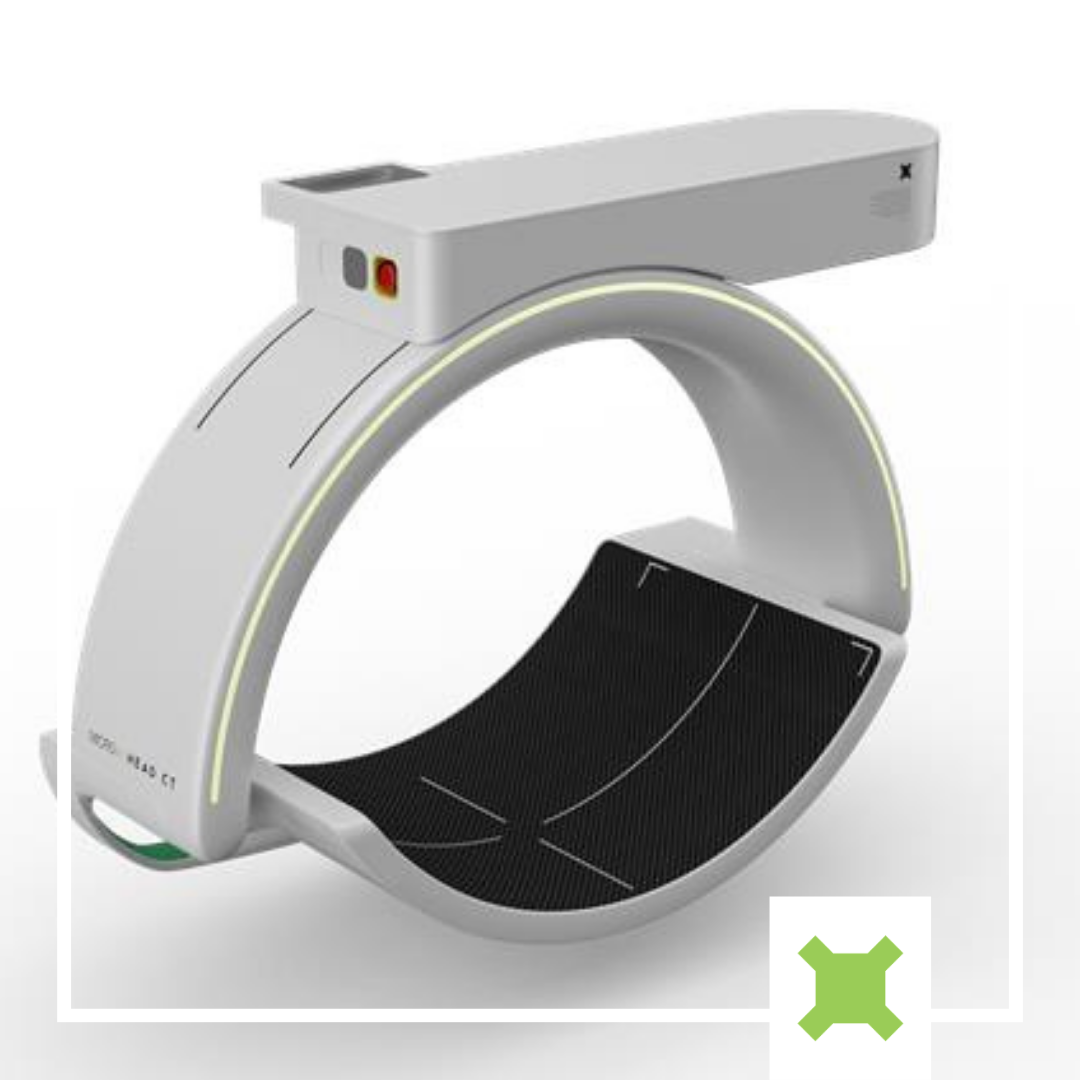

My days at Micro-X have two different forms. As one of the builders for the Checkpoints project, I work with our mechanical engineers to assemble aluminum framing, modify and install panels and other finish-grade parts, and install wiring harnesses between components, to name a few examples. When fabricating, most of my day is spent with hands on the hardware with a handful of update meetings each week. As a software engineer, I work on threat recognition algorithms, which involves a combination of statistical and geometric analysis of CT images. On those days, I spend much more time planning and designing my future code, and reviewing code written by my Imaging teammates.
From a technology perspective, the miniature CT scanner that can quickly create a high-resolution image and recognize threats is the most cutting-edge project I have ever worked on.
The opportunity to work both on software and hardware allows me to practice and improve a wide array of skills. Maybe one day I will specialize, but right now I enjoy being a generalist.
I am still impressed with the ability of the Checkpoints team to rapidly transition from a development/learning mindset to delivering a working and well-polished module.
From a technology perspective, the miniature CT scanner that can quickly create a high-resolution image and recognize threats is the most cutting-edge project I have ever worked on.
I think people would find it unique that, while my role is software engineer, my career is goal is to be an expert builder. Learning to write excellent code is part of becoming someone who can build great, modern technology.
As a high reliability industry, developing medical technology must closely follow regulations and strict design practices. If you like planning and reviewing your designs before writing code, this industry will be a good fit for you. There is plenty of space for creativity and innovation, but it must be expressed within a rigorous development process.


Hear from CEO Kingsley Hall on the latest developments with the Head CT Scanner for stroke


From CT scans in ambulances to virtual hospitals, new Aussie tech and innovations are improving tests, treatment, and are set to bring higher quality care to Australia.


In the final newsletter for 2025, we reflect on some of the achievements of the year, while looking towards what is to come in 2026.

Micro-X creates revolutionary X-ray technology to better lives.
Our Purpose
Find out how Micro-X is creating new opportunities for industries across the world.
Find out more
They’re the visionaries and innovators behind our X-ray technology, products, culture and ethos.
Meet the team